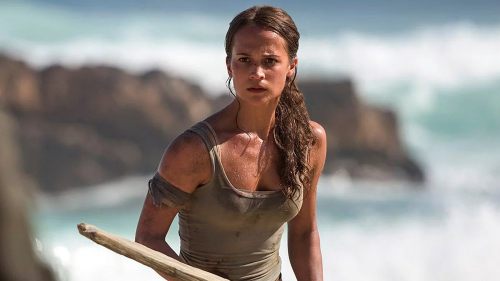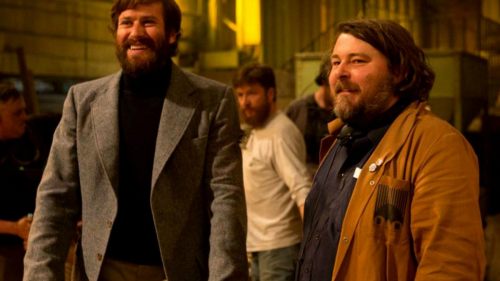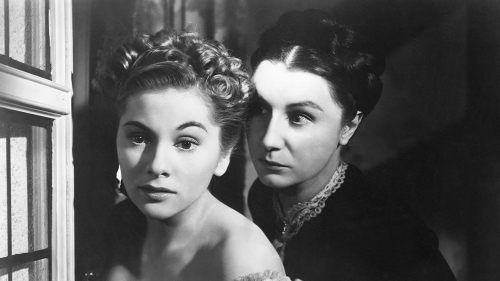FREE FIRE Review: Ben Wheatley Brings The Guns And Funny
It’s a simple truth of crime/tough-guy cinema: Profanity always sounds better when it’s delivered in a British accent. Further proof is offered by Ben Wheatley’s Free Fire, in which F-bombs are volleyed about almost enthusiastically as the bullets.
Although it’s supposed to be set in Boston in the late ’70s, this is, for all intents and purposes, a British thriller. There’s no recognizable Beantown iconography (it was lensed in Brighton, with a few aerial cityscapes shot over Toronto), and the cast assembled by Brit breakout Wheatley contains a large percentage of UK talent. Several of them play members of the IRA, led by Chris (Cillian Murphy) and Frank (familiar Wheatley-film face Michael Smiley), who arrive at a warehouse late one night with a briefcase full of money to purchase a supply of assault weapons from gunrunners headed by Vernon (Sharlto Copley). Repping the U.S. are Armie Hammer as middleman Ord and Brie Larson as Justine, part of Chris’ gang, the one who put the deal together and the only woman taking part in this testosterone-fest.
Of course, if the transaction went smoothly, there wouldn’t be a movie, so tension is first raised when it turns out Vernon and co. have not brought the promised brand of assault rifles, and then when it’s revealed that Vernon’s boy Harry (Jack Reynor) has a beef with Chris’ goon Stevo (Sam Riley). Harsh language is exchanged, followed by the first shots of what will prove to be about a million or so. These are two gangs who can’t shoot straight, though, and as they duck and hide behind crates, vehicles and other assorted found objects, they only manage to wing each other in the leg, shoulder and any other part that will not cause immediate death, though most of them do wind up incapacitated and left to crawl across the warehouse’s floors and up its stairs. (It is nonetheless another truism of this kind of film that bullet wounds that would leave the rest of us unable to carry on a normal conversation have no impact on this lot’s gift of gab.)
Since these guys and gal are all criminals caught in a bloody situation of their own making, Wheatley and his regular writing partner Amy Jump are able to make gleefully nasty light of their plight. After venturing into headier territory with the not entirely successful High-Rise, Wheatley is after simpler crime-genre pleasures here, and he and Jump have edited Free Fire down to a taut hour and a half. Given only the most basic motivations, the characters are all basically moving targets taking potshots and barking profanities at each other, and the actors all tear into their roles with the relish of a group of kids playing an especially elaborate backyard game of cops and robbers (or robbers and robbers).
To prevent things from bogging down, Wheatley and Jump throw in new variables throughout the film, from a pair of snipers who intrude on the action with higher-powered weaponry to a ringing office phone somewhere in the warehouse’s upper level. Like many contemporary genre thrillers, this one seems to be set in the ’70s in part to remove the possibility of cell-phone communication from the equation, but the filmmakers also take advantage of the opportunity to employ amusing signifiers of the era, from Emma Fryer’s wonderfully loud costumes to a John Denver 8-track played at ironic moments.
Wheatley successfully ups the ante throughout Free Fire, and even as people start succumbing for good, he successfully modulates the tone so that you laugh and cringe but don’t tune out from the unpleasantness on view. In doing so, he avoids the pitfalls that so many post-Reservior Dogs filmmakers have tumbled into, though he lacks Tarantino’s deeper sense of moral exploration (and also that seen in the crime films of Martin Scorsese, one of this movie’s executive producers). Free Fall is, in the end, a simple exercise in gore- and giggle-inducing gunplay, but it’s a quite diverting and entertaining one.



